By Yvonne Vávra
“It may take a village to raise a kid, but it takes a winery to homeschool one.”
That’s just one of the hundreds of memes circling through social media during the height of the pandemic.
“It’s called quarantine coffee. It’s just like normal coffee but it has margarita in it and also no coffee.”
That’s another one. Conan O’Brien asked: “Can we all agree to temporarily raise the bar for what’s considered an alcoholic?“ And while many of President Franklin D. Roosevelt’s quotes are just as appropriate in our time as they were during the Great Depression, the one he reportedly said on the end of prohibition certainly hit the sweet spot of 2020: “What America needs right now is a drink.”
Apparently. Sales of alcoholic beverages in the US skyrocketed since we were ordered to stay at home. Wine sales rose 66% over the previous year in the week ending March 21, the market research firm Nielsen reported. Beer sales were up 42%, and harder liquor like tequila or gin even jumped up 75%. Like toilet paper and cleaning supplies, booze was flying off the shelves, and understandably so: The pandemic had everyone on edge, feeling not only their own but also the collective anxiety, prompting many to turn to the bottle for a break: In a study from Alcohol.org, 38% of New Yorkers admitted they were day-drinking during working hours.
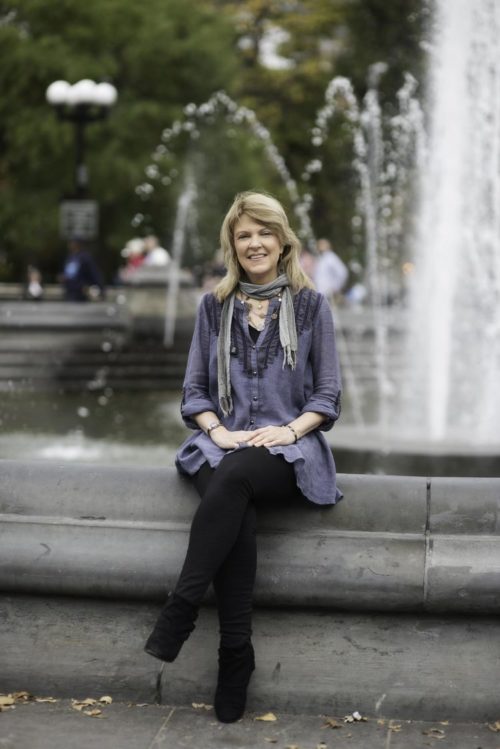
“The reason many are drinking more during the pandemic has largely to do with uncertainty,” says Beej Christie Karpen, a certified coach, mindfulness-based therapist, and long-time Upper West Sider. “Most of us don’t do well with uncertainty. It scares us, and the pandemic has really brought that to the forefront.”
Karpen had become curious about why people overdrink during her studies at NYU where she designed a mindful drinking program. Later she became a meditation instructor and eventually implemented her idea for mindful and self-compassionate drinking practices in free meetings for women as part of Moderation Management, a support network for people learning to reduce their drinking to healthier levels.
“When the pandemic hit, I moved our in-person meeting to Zoom, and all of a sudden we started getting people from all over the country,” says Karpen. As it seemed, a lot of women were taking stock of their alcohol consumption and had started worrying that they were drinking too much. “People were really addressing their drinking and taking the time to do some self-examination. So I started to also offer my Conscious Drinking Workshop on Zoom”.
Karpen follows the Harm Reduction approach that empowers the individual to set their own goals. “It’s not about encouraging people to stop drinking, but rather to figure out individually how much alcohol use feels ok to them. I’m offering tools that can help participants access their inner wisdom around drinking; a mindfulness approach that can help them reduce stress in all areas of their lives”.
But how do we even know if we may have been drinking a little too much to cope with the quarantine stress?
“I found that most people are not in denial, but have a sense that they may be drinking too much, because it doesn’t feel good. Maybe they are not waking up as clear-headed as they used to, or they don’t like the feeling of depending on something, and they’re having a hard time reining in the habits on their own.”
The workshops are all about bringing the unconscious to the conscious and becoming aware: of how much we are actually drinking, of what the craving feels like, what triggers the stress and the habit-loop, and what kind of reward we are truly after. Participants get to know the inner critic, the inner negotiator, and the inner rebel: How are these parts talking to us, what are their tactics? Are they bullies or are they nice? Trying to be our friends or shame us?
Karpen herself has experienced the pandemic in the Upper West Side as mindfully and curiously as her long-standing meditation practice has taught her. “I have a lot of disaster preparedness tools and know that life is always in flux,” she says. “The root cause of most suffering and stress is wanting things to be different than they are. But if you just accept what is happening and start to view it with a sense of curiosity, you might find that gentle curiosity is the antidote to stress!”
The next “Conscious Drinking 101: A Group Coaching Workshop for Women” starts Thursday, September 15th. You can learn more here. Beej also offers free meditation classes via Zoom on Tuesday Mornings. Click here for information.



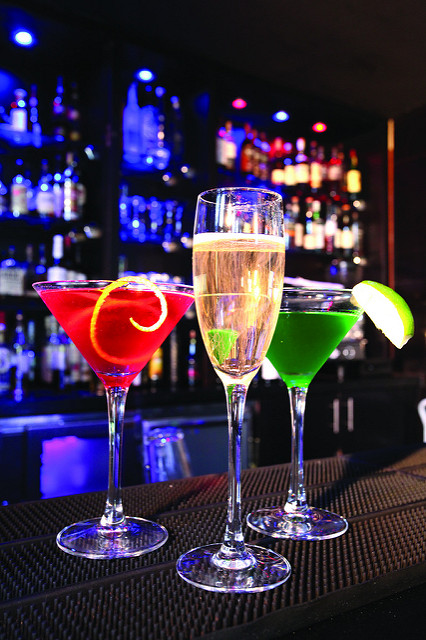
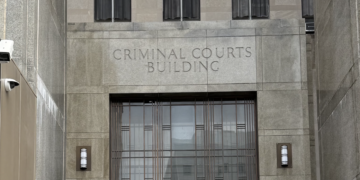
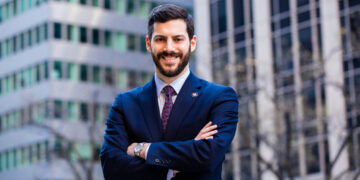


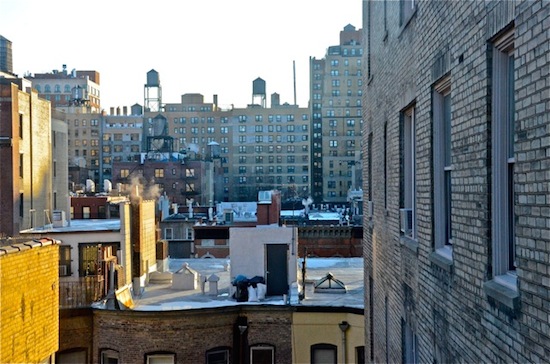
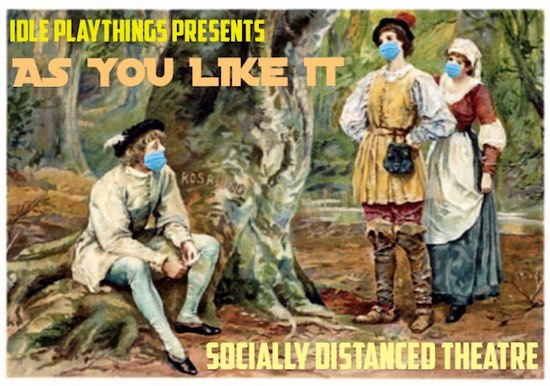
As a person of a certain age (and lifelong UWSer) I am grateful for all the many things I resolved in my life before the pandemic. None more so that my decision not to drink alcohol, at all, more than six years ago. If moderation works for you, great! Mindfulness is certainly the first step in any program of self-improvement. But as a drinker my entire adult life who attempted to moderate many times, total abstinence proved to be much easier and durable. Just my two cents.
I agree entirely.
43 years ago I figured out how to stop smoking, only had taken 5 years. Applied an alcoholic’s approach: “I can’t . . . have just one, light yours, try a cigar, etc.” Quit for good on Sept. 15, 1977.
More recently I have largely stopped drinking much the same way. I am a sailor, love drinking with the guys after a boat race, whatever. But, tired of feeling like crap the next day.
For the last 2 years, with a handful of conscious exceptions, I have simply stopped. I had tried cutting back. Conclusion like Joe Clay, cutting back to “only half as much” or similar is not very effective. Abstinence: feel great, much better about life, improved sleep quality, etc. It’s not really that difficult, much of drinking is Pavlovian, not real need. Quitting drinking has actually proven way easier than stopping smoking.
Try it!
* This comment was exempted from the 100-word limit because of the important information it conveys.
Scoff if you like but Allen Carr’s “Easy Way to Control Alcohol,” a companion volume to his famous “Easy Way to Stop Smoking” is very effective. The title is a bit misleading; Carr’s conclusion is that since everyone is on a spectrum from the occasional “social” drink to full on physical addiction, moderation won’t work. But at the same time, unlike the AA there are not certain people who are “allergic” to alcohol. According the Carr, alcohol’s innate toxicity means everyone is allergic.
Quitting for good, according to Carr, means you must convince yourself that 1) alcohol (or tobacco) is as toxic as gasoline, which most people would not drink to get high and 2) you are missing absolutely nothing in your life if you stop drinking (or smoking). If alcohol is truly toxic then why would you mess with even a small dose, anymore than (most) people would snort heroin (no one takes an addictive substance hoping to become addicted)?
While Carr’s success in marketing his approach through many many books (which all say the same thing) and in person counseling gives it an aura of commercialism, the underlying cognitive reconditioning is the bedrock of most contemporary approaches to alcoholism that eschew AA’s religiosity and pessimism about recovery. CBT (Cognitive Behavioral Therapy) and REBT (Albert Ellis’ Rational Emotive Behavior Therapy) are the leading alternatives to AA and seek the same change of mindset as Carr.
A leading example is Annie Grace’s best-selling “This Naked Mind” which expands on the same concepts with less salesmanship. I actually think Carr (and his disciple Jason Vale) is more convincing.
Now after more than 12 years “smober” and 6 years sober, I still reread Carr from time to time to reinforce why I don’t need nicotine or alcohol in my life.
Anyone with mixed feelings about their drinking will benefit from a sincere read of Allen Carr.
I love this as a option for people ..however as someone who certainly enjoyed my cocktails , I have not found alcohol to be a comfort in these times. It was a weird response, but my psyche and body just did not crave it at all? Perhaps I felt I needed to remain clear headed and fully alert to the uncertain times . There have been moments of very intense, almost unrelenting anxiety…walking helps, booze, at this time, has not. Bravo for offering some good support…
While the homeless who drink are put in crowded substance-abuse shelters, constantly watched, and reviled when moved to hotels to avoid dying from Covid-19, housed Upper West Siders who drink get a gentle meditation coach who follows the Harm Reduction approach. The contrast is striking. Next: an article about Harm Reduction for housed middle class vs. no such thing for the homeless in the Filter, @Filtermag_org?
In a period where disease stalks our streets, violent fascists try to steal our elections and we need to be constantly alert, any drinking at all is at best irresponsible, and at worst is a form of social debauchery.
no, hyperbole reigns obviously
Were you drinking when you wrote that rant?
As Colin Ferguson has said, “Drink responsibly? I WOULD! IF I COULD!”